Louder Than Words festival returned to Manchester’s Principal Hotel this weekend, attracting scores of music and literature lovers.
The festival is in its sixth year and was curated by the music journalist John Robb, frontman of Goldblade and singer and bassist in The Membranes, and Dr Jill Adams, the creator of the festival in its original concept.
Louder Than Words is ‘a genre-based literary festival that celebrates words – oral, written and published – of the music industry’ and this year’s turnout was double the size of last year’s. The buzz at The Principal was palpable as some of the most significant music personalities of the last few decades mingled with their fans.
The festival kicked off with an ‘In Conversation’ event with BBC Radio 1’s Gemma Cairney, presented by third year students from Manchester Met’s Music, Culture and Arts Journalism course. John Robb visited Manchester Met to mentor the students before the event, demonstrating techniques used in the In Conversation style events.
“Music is fluid, culture is fluid,” he said. “I wanted to show that when you’re passionate about it then you can do music and culture journalism, it doesn’t need to be formal.”
Nurturing and supporting future voices and talents is one of the festival’s continuing aims, with events such as the annual Wilko Johnson Writing Award for music writers under 25 and the Poetry Slam for young performance poets. These events took place alongside some of the country’s most influential musicians and writers, once again confirming Manchester’s place as a vibrant music and culture hub.
Highlights included Jordan looking back on the punk revolution with Cathi Unsworth, current Pink Floyd bass player Guy Pratt performing his one-man show The Inglorious BASSterd, and Sheila Rock discussing her photography with Rudi Esch (Die Krupps). David Gedge from The Wedding Present talked about his fanthology Sometimes These Words Don’t Have To Be Said, Kevin Cummins discussed his photographs of Morrissey, while Andy McCluskey from OMD presented the first official biography of the legendary electronic band since 1987’s Messages.
aAh! writers review some of this year’s Louder Than Words highlights.
In Conversation’ interview with BBC 1’s Gemma Cairney
By Kate Relton

Photograph: Amy Bevan
The opening event, an In Conversation interview with BBC 1’s Gemma Cairney, was organised by Manchester Met Lecturer Vince Hunt. This offered budding music journalists the opportunity to put their skills to the test, running a live event.
Hunt said: “I wanted our MCA course to engage with one of the city’s most important cultural gatherings so our students could meet artists, writers and culturally significant people and also take their first steps into show business as interviewers.”
Manchester Met students Amy Bevan, Farran Golding, Harriet Mills and Callum McLeod from the Music, Culture and Arts Journalism course, were tasked with interviewing Gemma Cairney about her book Open: A Toolkit for How Magic and Messed Up Life Can Be. In preparation for the evening, Louder Than Words co-curator and music journalist John Robb conducted a mentoring session with the students, offering advice and guidance.
aAh! spoke to Amy Bevan, one of the interviewers, about her experience. She said, “It was quite intimidating when John walked into the room due to his punk rocker get-up (wearing a full suit and sporting his trade-made Mohawk). I was actually impressed by how confident and prepared he was to just simply stand and talk to the class.”
Miss Bevan spoke of the importance of the preparation time before the interview, saying Gemma Cairney had been “friendly and calm”.
She added, “It sort of humanised her more to be able to talk normally before the formal setting of an interview’’.
She said: “I was very aware of the cameras on me, however, I made sure to keep eye contact with Gemma and through that, almost forgot that there was a crowd watching too.’’
One of the challenges of the event was keeping to the time limit. Bevan believes the key to this was communication; being able ‘’to hint to the other person to move onto the next question when the guest has been talking for a while.’’
She said: “It was actually really reassuring and comforting to have another person with me whom I knew and could experience the interview with together.’’
This event demonstrates the importance of showcasing creative talent in the North but also offering opportunities for trainee journalists to work on real projects and make contacts outside their course.
“Events such as LTW allow for students like me to have a chance to get out there and have a platform to get involved,’’ said Bevan.
Memphis ‘68
By Sam Peckett
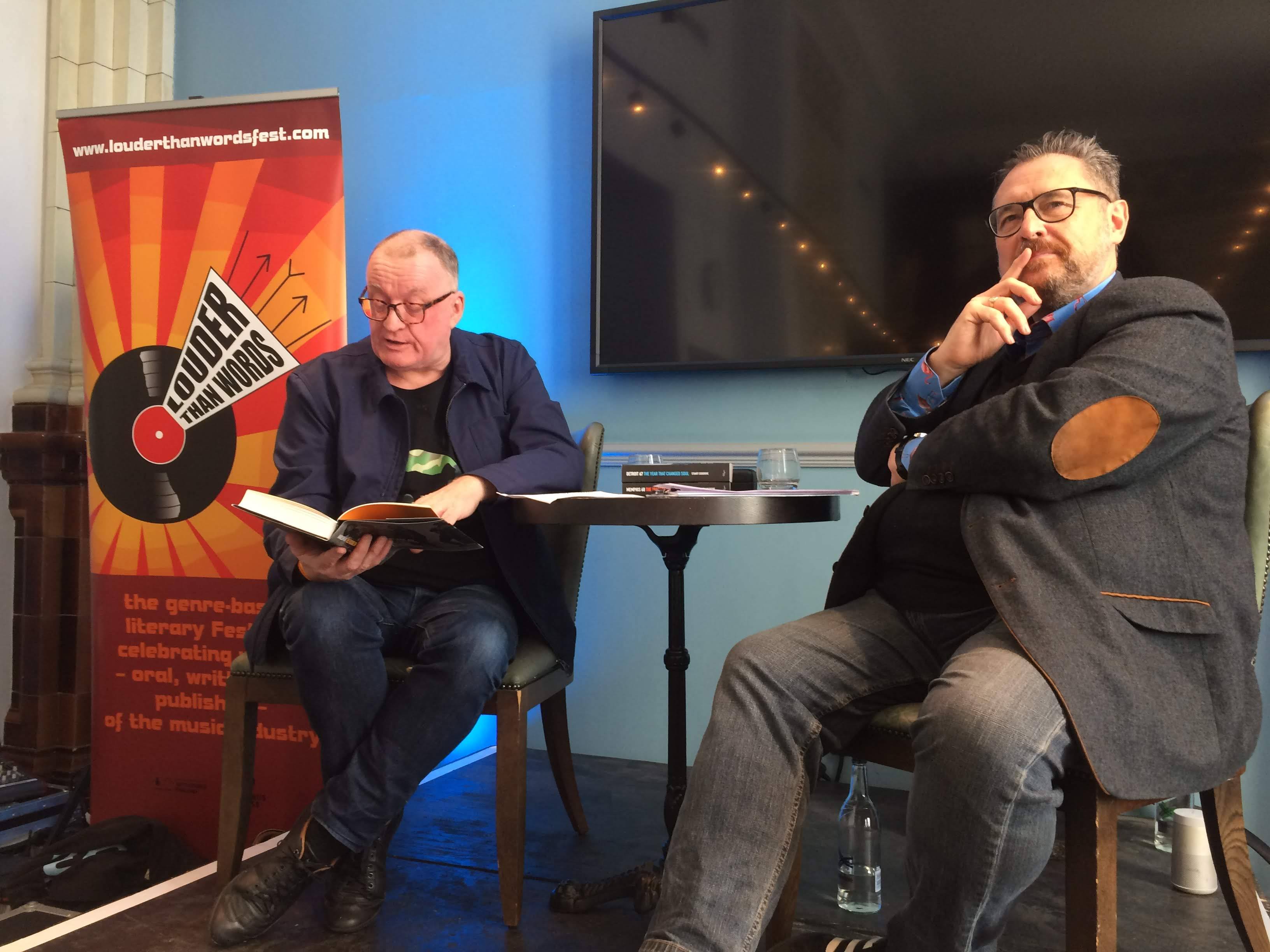
Stuart Cosgrove in conversation with Daryl Easlea, Photograph: Sam Peckett
Journalist Stuart Cosgrove was joined in conversation by DJ Daryl Easlea to discuss his Penderyn Music Book Prize winning trilogy on soul music in late ‘60s America.
The trilogy focuses on three separate cities in three different years – Detroit in 1967, Memphis in 1968 and Harlem, New York City in 1969. As the cities were locked in political unrest at the end of the civil rights era, soul music rose out from the underground and cemented itself in the mainstream, becoming the soundtrack to the times.
Cosgrove talked us through his career beginnings as a fanzine writer on the northern soul scene, before he was poached by black music paper Echoes as a staff writer. He comfortably combined humour with fascinating insight as he described being brought to NME for a “transfer fee” as he was bought out of his Echoes contract.
After years at Channel 4, Cosgrove decided to do “something substantial” and began writing the series. The audience clung to his every word as he spoke in captivating detail about the stories of countless artists, political figures and everyday people that fill the pages of his books. There’s a special talent in how Cosgrove is able to weave together a variety of stories into a single, cohesive narrative.
“I like people that have contradictions – I love that,” answered Cosgrove as Easlea drew attention to his excellent characterisation within the trilogy. As stories about the heroin dealer Fat Jack Taylor open Harlem 69, Cosgrove could have easily painted him solely in a negative light – he was a heroin dealer after all. But Fat Jack owned two record labels in Harlem, and had an ability to spot talent that was “remarkable to the extreme” in the youth of the neighbourhood. He was a complex character, and Cosgrove investigates the nuances of his personality with care. It has resulted in the books having chapters dedicated to people that usually, according to Easlea, have just “a couple of lines”.
As the audience asked questions, similarities were drawn between the racial divisions in the US in the late ‘60s and today – four deals have been offered to Cosgrove to bring the trilogy to a visual format and all want to investigate just that. There are real parallels in the stories in his books and news we hear today. Not only do Cosgrove’s books offer fascinating insight into a time gone by, they may just help us understand the world today a little better, too.
‘Madonna stood up for us’ – Like a Gay Icon with Lucy O’Brien, Matt Cain and Darryl Bullock
By Maia Nikitina
Lucy O’Brien, Matt Cain and Darryl Bullock examined the impact of Madonna and other icons on the LGBTQ+ community at the panel discussion Like a Gay Icon.
Lucy O’Brien, writer and author of Madonna’s biography Madonna: Like an Icon, chaired the panel with Darryl Bullock, a music and arts writer whose latest book is called David Bowie Made Me Gay: 100 Years of LGBT Music and Matt Cain, novelist and former Editor-in-Chief of Attitude. Cain’s third novel, The Madonna of Bolton, was crowdfunded in 2017 after receiving numerous rejections from publishers, reportedly due to its gay protagonist and theme,
“Madonna stood up for us all the time,” began Matt Cain, speaking about his time growing up in Bolton as a gay man. “She saved my life at a time when being gay meant being a social pariah.”
Cain began writing his novel The Madonna of Bolton in 2006, but it took twelve years to get it published. He believes it was due to its gay theme and protagonist, as publishers were reluctant to take it on due to worries that it wouldn’t sell. This attitude to queer culture has been common in the world of music and art, particularly in the not so distant past, forcing performers to live out public identities that were considered more commercially profitable. Eventually, Cain decided to crowdfund the novel, and it took him just a week to raise the money.
Lucy O’Brien pointed out the strong relationship between divas and their gay male audiences and wondered what drew the fans to their icons. The stars’ personal tragedies, and the strength and survival that accompanied them, as well as their vulnerability, was the consensus. ‘There is a strong connection to women who are vulnerable but would sell their souls for the audience,’ explained Darryl Bullock, citing such performers as Judy Garland, Diana Ross and Billie Holiday.
The straight-washing of LGBT musicians over the years has created the impression that gay culture didn’t exist before the end of 1960’s, and that is what inspired Bullock to write a memoir that charts the way LGBT musicians of the last 100 years have influenced their fans and each other. Bullock talked about Bowie and the lightbulb moment after the singer’s death that prompted him to write the book.
What began as a fascinating discussion failed to be as inclusive as it should have been. O’Brien spoke about our craving for rootedness and authenticity. In this recent search for authenticity, there has been a wider acceptance of sexual fluidity than before, which has made it more possible for the new generation of music artists to openly discuss their sexuality. But while many contemporary performers have come out as bisexual or queer, they have often found themselves judged by standards not too dissimilar to those discussed by the panel, this time within the LGBTQ+ community itself, as some of the panellists’ comments showed. Dismissing bisexuality as a way of retreating halfway into the closet, or expecting younger bisexual celebrities to sufficiently ‘put it into practice in their love lives’, as if they should have a correct ratio of same-sex and straight relationships, are not statements that welcome diversity. A disappointing end to an otherwise captivating discussion.
Eliza Carthy in Conversation with Ian Clayton
By David Keyworth
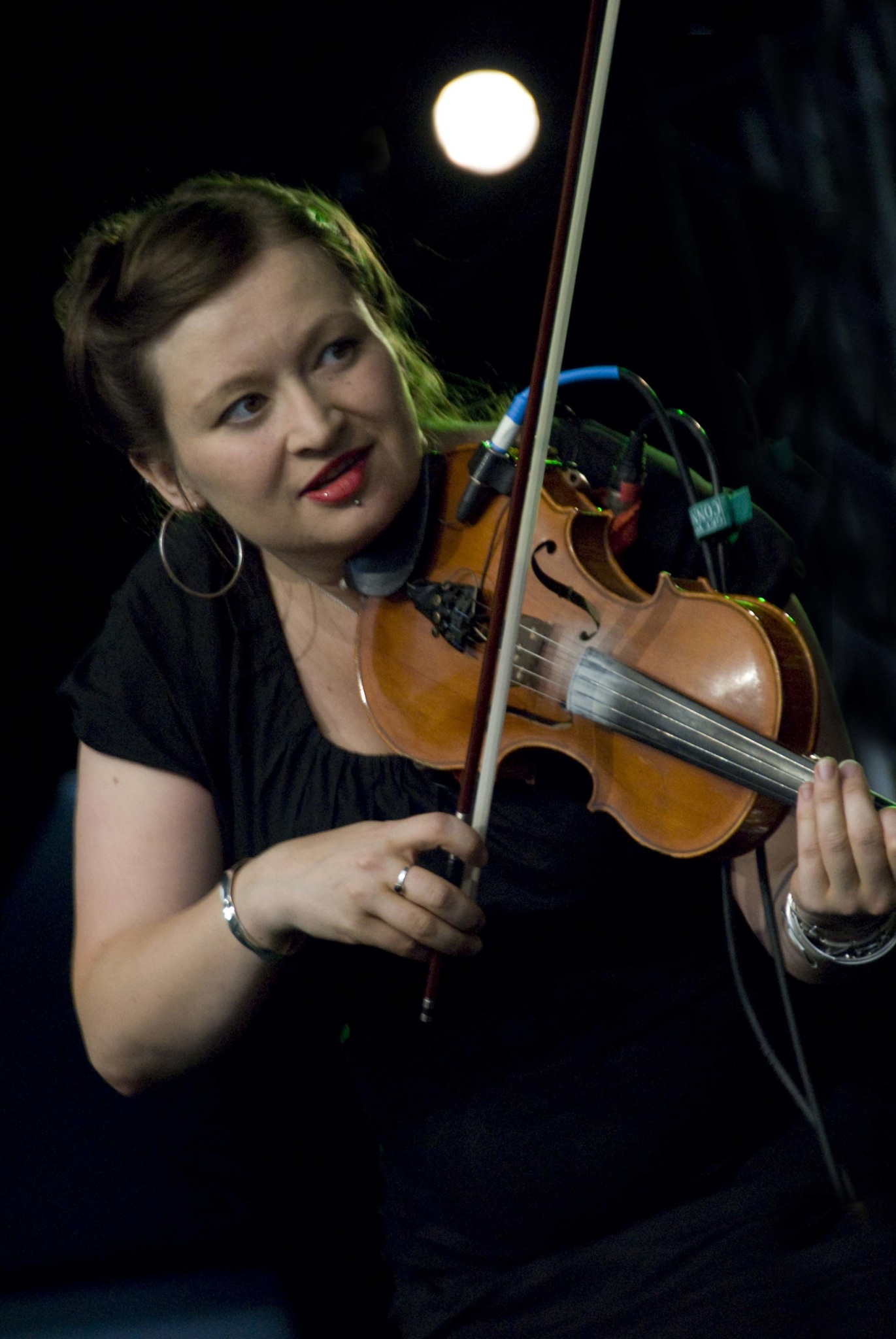
Photograph: Bryan Ledgard
To add to her folk credentials, Eliza has worked with Dizzee Rascal, Billy Bragg, Jools Holland, Paul Weller and many others. She has twice been nominated for the Mercury Music Prize: in 1998 for Red Rice, and again in 2003 for Anglicana.
Eliza opened proceedings with a version of Green Grows the Laurel. Her voice reverberated with the oak-panelled walls of the Principal Hotel’s Director’s Suite, and her only accompaniment was the Oxford Road sirens outside.
The ballad includes the line “my parents disliked me.” This was, presumably, not a song chosen for autobiographical resonance. The impression has always been that Eliza gets on well with her folk-royalty parents – Martin Carthy and Norma Waterson. Eliza has often performed and recorded with them. But this family bedrock did not mean that Eliza’s teenage years were a medley of merriment and socialising. She spoke of living inside her own head “thinking about poetry and ballads and unicorns,” and falling out with her best friend.
It was a lonely period in her young life which kick-started her life as a performer. A family friend, singer-songwriter Sandra Kerr introduced Eliza to Nancy, Sandra’s daughter. A tour of Arts Centres followed, as did an album – Shape of Scrape (1995). Fast-forward to 1998 and the Red Rice album tied in with Eliza being courted by Warner Bros. Entertainment Inc. After receiving assurances about ongoing support and artistic development, Eliza accepted the hard-to-refuse offer.
But, she explained, as the corporate and commercial dynamics of Warner Bros altered, so did her professional relationships. The artistic control she had enjoyed at independent folk-music label, Topic Records, could not withstand the commercial pressures at Warner Bros.
Despite her youthful shyness, the 43-year-old Eliza is the antithesis of the monosyllabic singing-star. She spoke eloquently of how the contemporary rave culture influenced her as much as her folk heritage. She wanted to “get kids up and jumping” (after all, one of her great-uncles used to ‘dance on a breadboard’). Her self-defined mission was to bring a “club mentality into traditional music”. She loved high-tempo Saturday nights just as much as Sunday friends-and-family singalongs. “I cannot stand folk rock,” she said, adding that she had never knowingly listened to a Fairport Convention album.
One audience question did result in Eliza letting slip the working-title of her next album – Cupid is as Stupid Does. She also previewed the forthcoming 80th birthday Normafest, which she described as a ‘big musical cake for me Mam.”
Inevitably, after all the talk, Eliza picked up her fiddle and ended with a song. This time it was a Tin Pan Alley ballad – Nelly was a Lady (1849). The audience remained enraptured to the last note and even the sirens outside stayed quiet.
Dave Haslam: ‘We weren’t authors of our own destiny’.
By Maia Nikitina
Writer, broadcaster and legendary Haçienda DJ Dave Haslam discussed his latest book, a memoir Sonic Youth Slept on My Floor, with Roisin Dwyer. The talk began by looking back to Haslam’s childhood and the information vacuum that Haslam described as “just out of reach”.
“I was frustrated that I couldn’t find out more, couldn’t follow the ideas of this interesting creative world that was out there,” he said, adding that it was the DIY nature of punk that attracted him. “There was a sense that it was okay to express yourself and that it was simply a matter of finding the right medium. I didn’t have much of a clue or an ambition. I was just passionate, and I wanted to share that.”
The ‘Magical Manchester’ years were a particularly hard part to write about because of the amount of information that already existed about that period in Manchester’s music history. Haslam wanted to say something different and decided that he’d write an honest account of the way the music scene evolved from his own perspective at the time. “There was confusion and excitement, chaos too, and not knowing what was going to be next. We weren’t authors of our own destiny, we didn’t really know what was going on,” he explained, adding that it was impossible to predict who would become a significant cultural figure later on, and, therefore, unwise to dismiss any period of time. “For example, 1989. Freeze frame the Chemical Brothers, two students in the corner, Tom and Ed, the Chemical Brothers still four years from being formed and twelve years from headlining at Glastonbury.”
Asked about his success as a DJ, Haslam credited the audience at the Haçienda, as well as his instinct. “I have never played a record I didn’t like,” he said. “Most of them I loved. It’s an instinct and you have to trust it. When you’re successful, it can feel that the audience is in the palm of your hand but in reality they could disappear from the dancefloor at any moment.”
Louder’s John Robb talked to Ian Rankin about the author’s ten favourite music albums
By Maia Nikitina
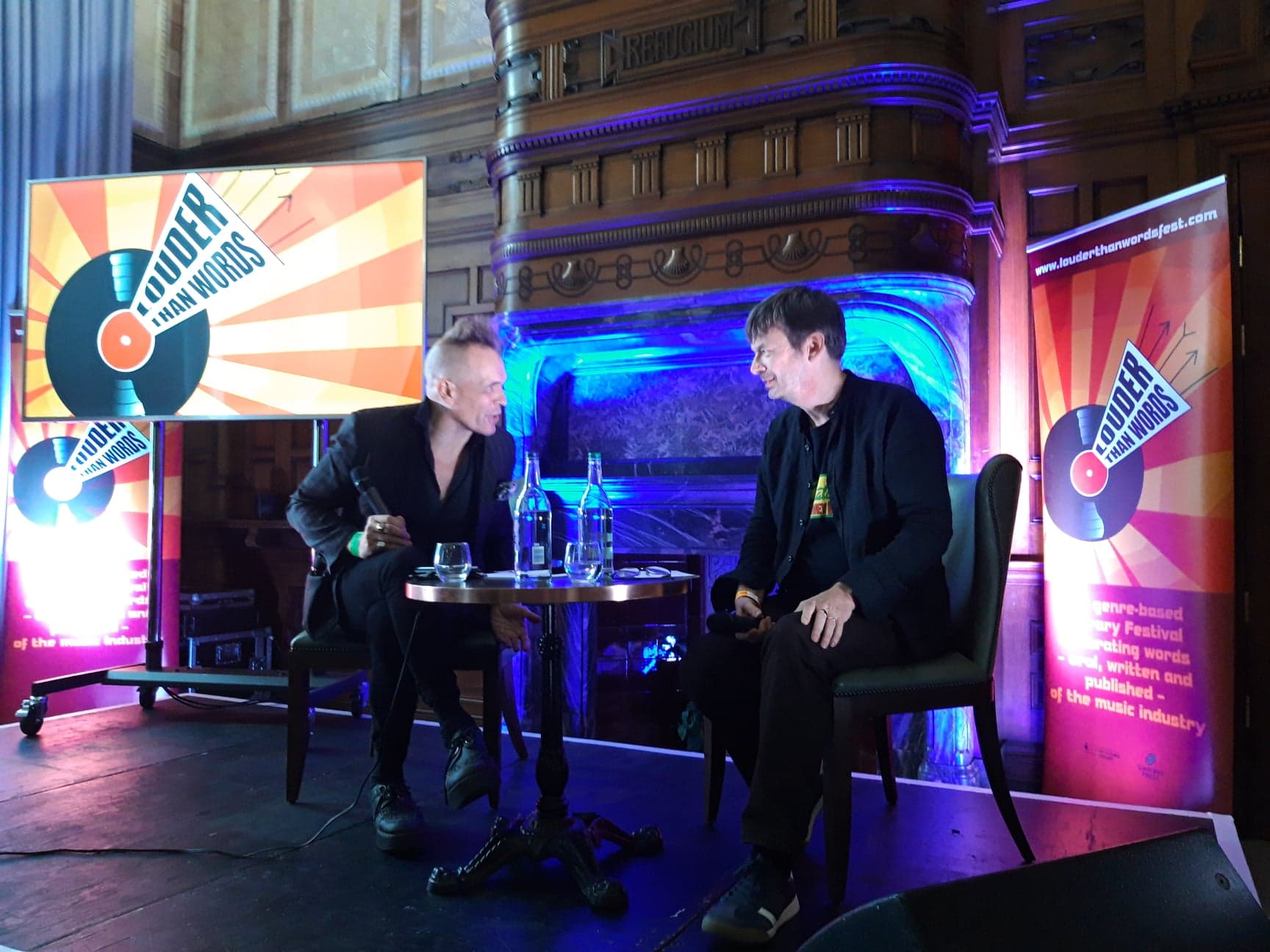
Ian Rankin, the author of the John Rebus novels, was born and grew up in Scotland, and his music choices reflect both his roots and his short spell in a punk band in Fife in 1978-79. ‘Music had seemed really distant until I got our local band The Skids,’ said Rankin. ‘There wasn’t even a stage so they were literally on the same level with you.’
Punk was really important, he continued, while singles were an affordable way of accessing music. The Ramones, The Rezillos and a post punk band Gang of Four were among the bands that really affected the author.
“I can tell if the HiFi is set up properly by listening to this track,” he said about Solid Air by John Martyn, while Brian Eno’s Music for Airports is Rankin’s ‘writing music’ that gets him ‘in a wee bubble’ where only his world exists.
He fell in love with The Cure when living in rural France where a “supermarket had a thing about them” and he listened to the music properly for the first time. Talking about The Rolling Stones, Rankin said that his character Rebus “grew up listening to the Stones. He’s a Stones guy at heart.”
The conversation was accompanied by the sounds of Rankin’s selection, making it a fantastic highlight of the weekend. As he talked about the dark Gothic Edinburgh and his own penchant for darkness, the last of the day’s sun illuminated the stage before disappearing again.
Guy Pratt is the Inglorious BASSterd…
By Amy Bevan
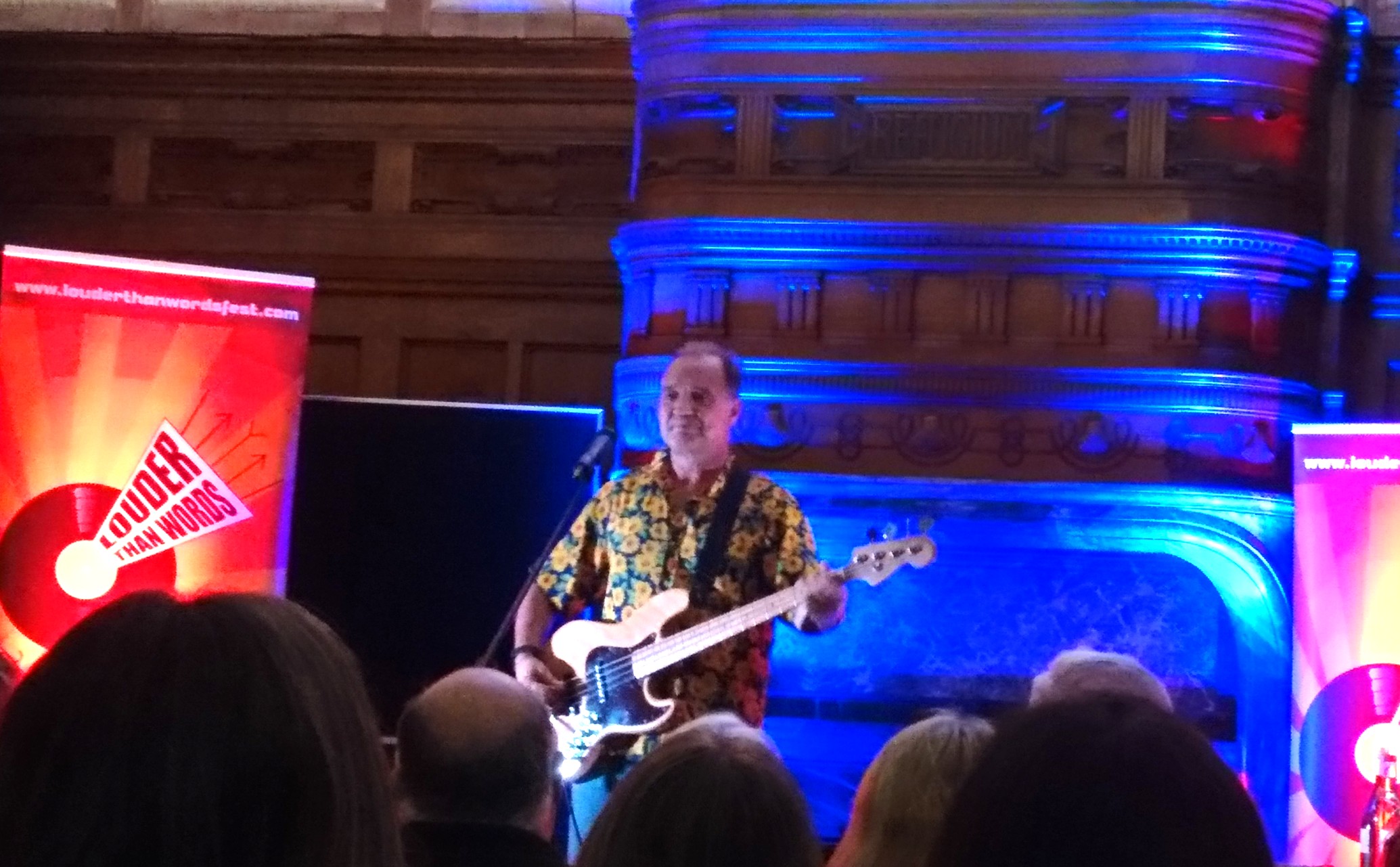
Guy Pratt took the stage at Louder Than Words Festival in a bold sunflower shirt accompanied with a bass guitar in one hand and a large glass of white wine in the other and by the end he had played some bass guitar and filled an hour and a half with astonishing stories of rock and roll excess.
With a list of talents spanning almost as long as his thirty-year music career, Pratt is a musician, comedian and most recently author of his book My Bass and Other Animals. Best known as the bassist in rock band Pink Floyd, Pratt told stories from three decades in rock music. He clearly had not left his rock star days behind as he took a big swig of his drink, cleared his throat and began to tell the tumulus tale of his life…
Pratt’s story began with tales of punk inspiration sparked by a Christmas present gifted to him by his parents: the bass guitar. He compared the instrument to “the last kid picked on the sports pitch” as he explained the lack of enthusiasm for the instrument, crediting the electric guitar for having all the girls interest. Displaying how he would “rock out” in his bedroom, Pratt wildly swung his arms and screwed up his face in a state of passion as he treated the audience to a short live performance.
Speaking of how his first gig opportunity arose playing with Australian band Ice House, he recounted touring in Australian pubs which he found to be “5,000 people where everyone is just absolutely twatted.” He paced the stage as he delved further into the successes of his later career and his transition into rock and the progressive genre. In between bass performances, Pratt interspersed stories of his rock and roll days as he referenced playing with musical legends such as David Bowie and Michael Jackson as well as supporting the likes of Bryan Ferry and The Smiths.
Later, he delved further into the successes of his advanced career and his transition into rock and the progressive genre. Speaking further of the band’s success, he spoke of wild, alcohol-fuelled parties including smashing guitars onstage and brilliant light shows so intense that sunglasses were needed to shield his eyes. In his merry talks, he also bragged of his pride in his 1987 performance at the JFK stadium to a crowd in excess of 20,000 people.
Pratt proceeded to wrap up the evening with one last impressive solo on his bass guitar as he bowed to the applauding audience of fans and strangers alike.
Writing about music is like dancing about architecture”: Music journalists debate their art
By Amy Bevan
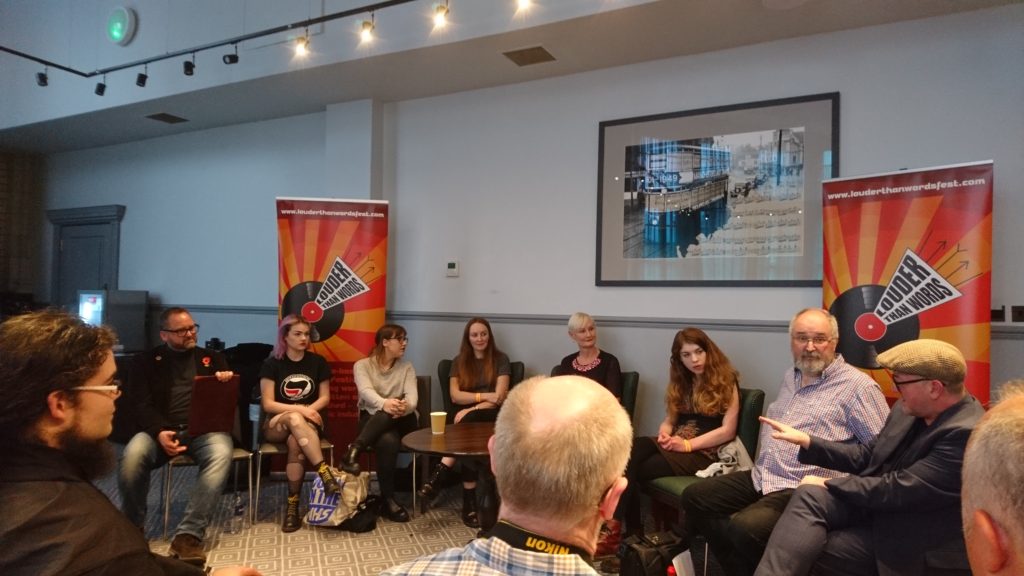
In the words of Elvis Costello, “Writing about music is like dancing about architecture”, also perceived as meaning that the ability to write about music is a powerful skill as you tackle such an abstract and wide-spanning sub-culture that is music journalism.
The debate panel, led by Dr Simon A. Morrison, was made of a pool of individuals with varying roles in the music journalism industry including a copywriter, a musician, a student and even those who had gone on to be become expert lecturers on the subject. From working with the big names of Kerrang to NME, the panel began by describing how exactly they came to the role that they now found themselves in with one stating, “You don’t have the luxury to say no,” when first climbing the journalism ladder to success.
Georgia Rawson, editor of her independent magazine Discovered, stated that you have to be fully passionate about music to make it as a music journalist. She advised, “You have to live it… Two or three gigs a month is not enough.” The point was made that in fact the vast majority of people don’t make a living in the music industry and so those who are involved are certainly not in it for the money, but because of their passion.
Turning onto the question of “Is a university degree actually necessary to be a music journalist?” the panel suddenly had a burst of passion and energy as opinions flew across the room.
Lucy O’Brian, renowned feminist writer and successful journalist, expressed that by attending university, a person is “building up a body of knowledge” and encouraged to aspire to such a career as “musicians don’t have long careers, journalists however build a sense of community”. Martin James also tapped in to the debate as he acknowledged the academic aspect of journalism and writing as you are “deconstructing critical thinking and putting it into pages”.
Finally, the topic of the importance of music journalism was put forward as Emily Marsden, Volunteer Coordinator for the louder team and rising journalist. She explained, “Music is such a rich and important part of music heritage. […] Music writing is a rebellion, it’s a form of expression.”
Closing the panel, chairman of the debate Dr Simon A. Morrison once again acknowledged the Elvis Costello quote and concluded that music takes a certain amount of passion and love of music in order to pursue such a career.

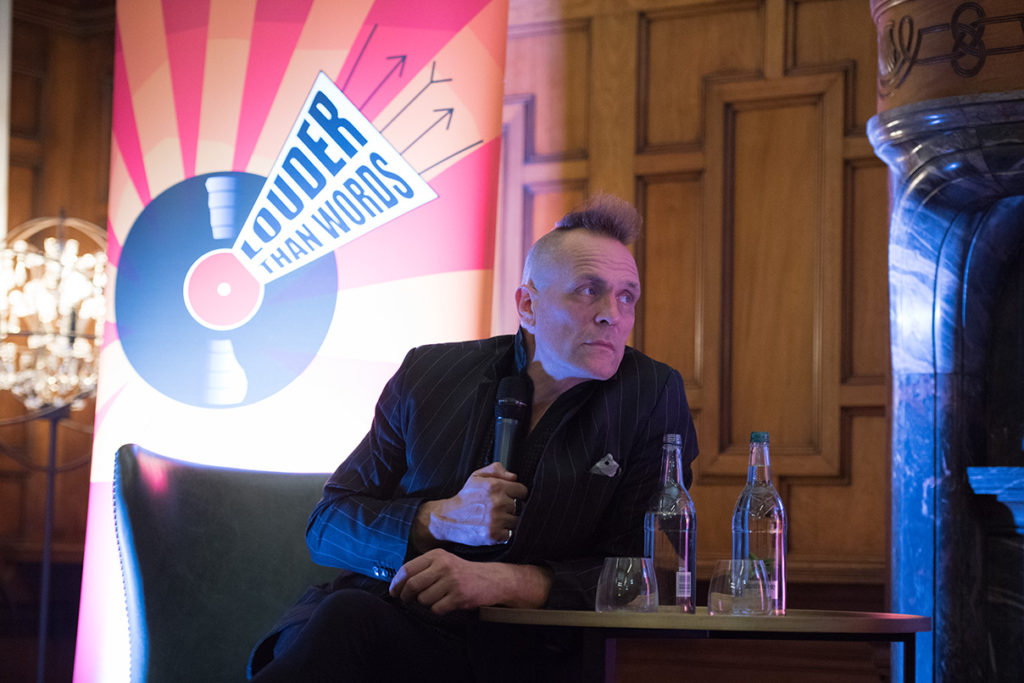






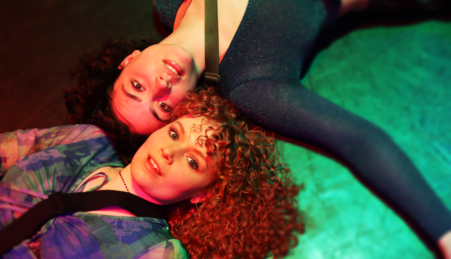
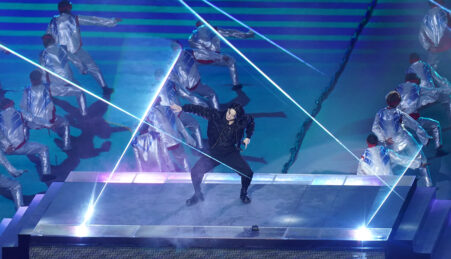
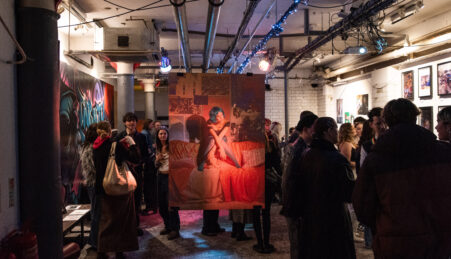
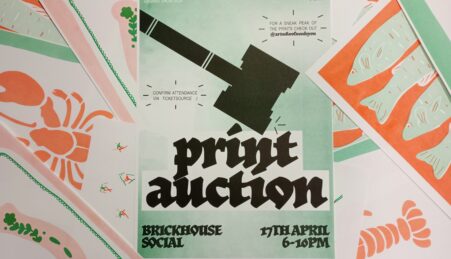
Leave a reply